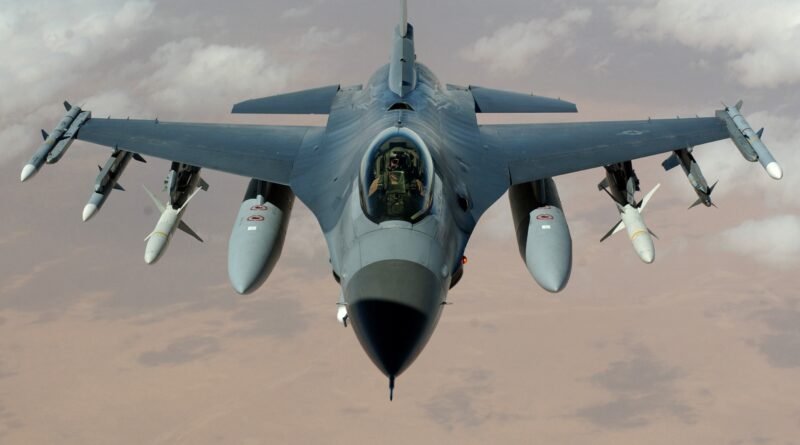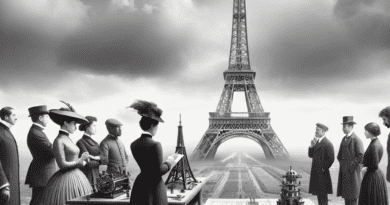When And After What Victory Did Costa Rica Abolish Their Military Army
Navigating the annals of world history, it is rather surprising to come across a country that has no military. Such is the case of Costa Rica, a small Central American nation known primarily for its diverse ecosystems and vibrant culture. However, its political history is just as compelling. In this article, we examine the pivotal moment in Costa Rican history that led to the abolition of its military and the circumstances surrounding this unusual decision. This fascinating event, a rarity in the historical context, unfolds as a tale of a triumphant victory followed by an unparalleled resolve for peace.
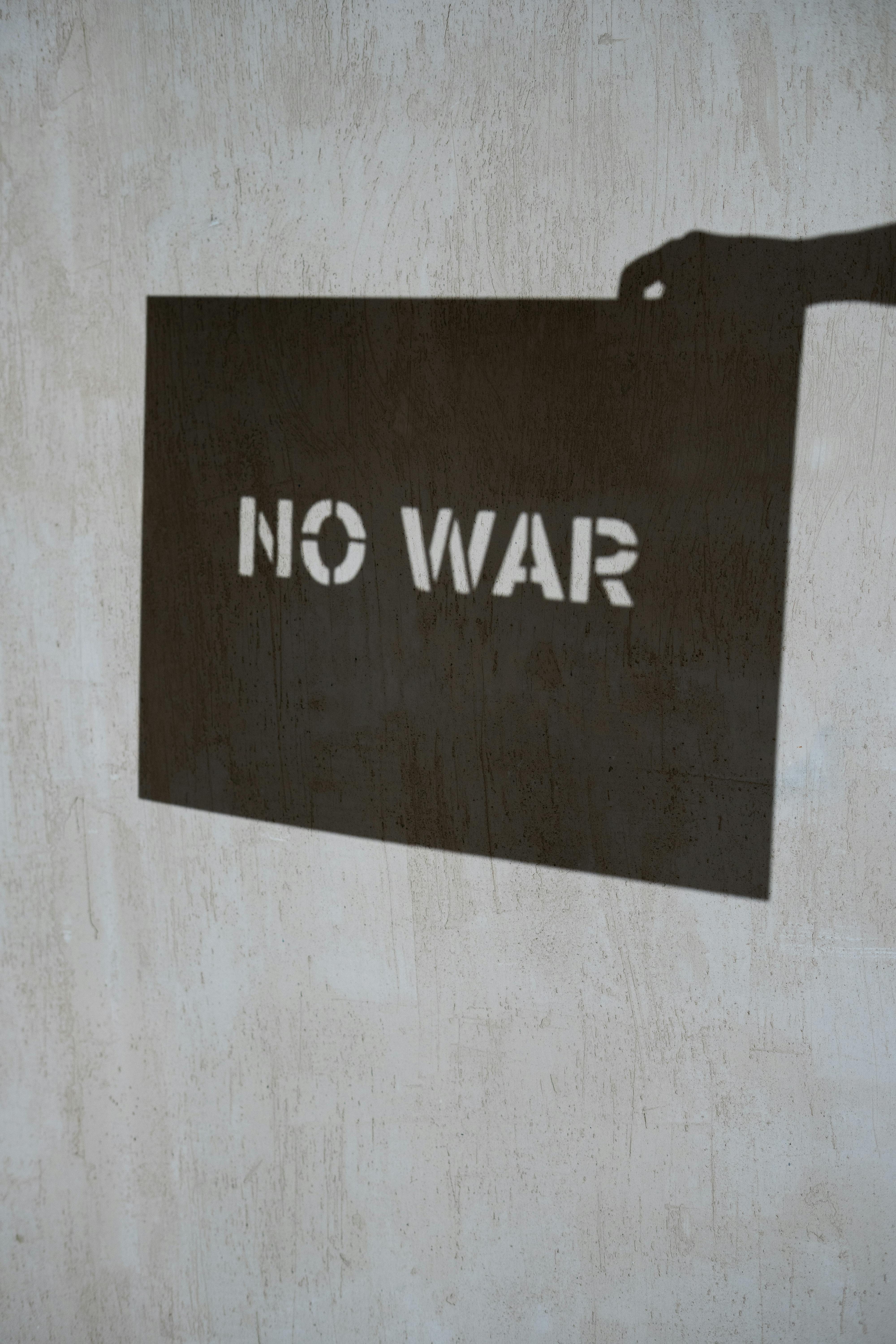
Background of Costa Rica’s Military History
The military history of Costa Rica is a rich tapestry woven from numerous eras and epochs.
Pre-Colonial Era
Prior to the arrival of Europeans, the region now known as Costa Rica was inhabited by diverse groups of indigenous people. They lived in autonomous tribes and communities, and warfare was often a part of their intertribal dynamics. Despite minor conflicts, however, these tribes did not sustain permanent military structures.
Spanish Colonization
The advent of Spanish colonizers in the 16th century introduced new forms of armed conflict. The indigenous peoples resisted the Spaniards, but the superior military technology and diseases brought by the colonizers led to their eventual subjugation.
Struggle for Independence
By the 19th century, a struggle for independence burgeoned in the region. Costa Rica, like other Central American provinces, fought spiritedly against Spanish rule. In 1821, Costa Rica declared its independence, although the absence of a significant military structure during and after the struggle marked a deviation from the regional norm.
Political Instabilities and Conflicts
The newly independent country faced several political instabilities and conflicts following its detachment from Spanish rule. The absence of a standing military sometimes led to periods of civil strife, despite Costa Rica’s relative peacefulness compared to its neighbors.
The 1948 Costa Rican Civil War
The major turning point in Costa Rica’s military history was undoubtedly the Civil War of 1948.
Causes of the Civil War
This conflict was rooted in political disagreements pertaining to the presidential election of 1948. Disgruntled factions, upset by alleged electoral fraud, gradually escalated the tensions into a full-blown civil war.
Major Events and Conflicts
The war was short but intense, lasting for 44 days. The fighting was severe and impactful, despite the brief duration of conflicts. The key catalyst was a disputed presidential election, and its subsequent implications led to a broad national conversation about the role of the military.
Role of the Military Army
The military played a pivotal role in this conflict, siding with different factions and shaping the outcome of battles. It was during this time that the absence of a standing army was egregiously felt. The loose conglomeration of different factions made the conflicts confusing, chaotic, and destructive.
Resolution and Peace Agreement
The Civil War eventually culminated in the victory of the insurgent forces led by José Figueres Ferrer. Figueres and his administration instituted a peace agreement, cementing his leadership role and ushering in a new era for Costa Rica.
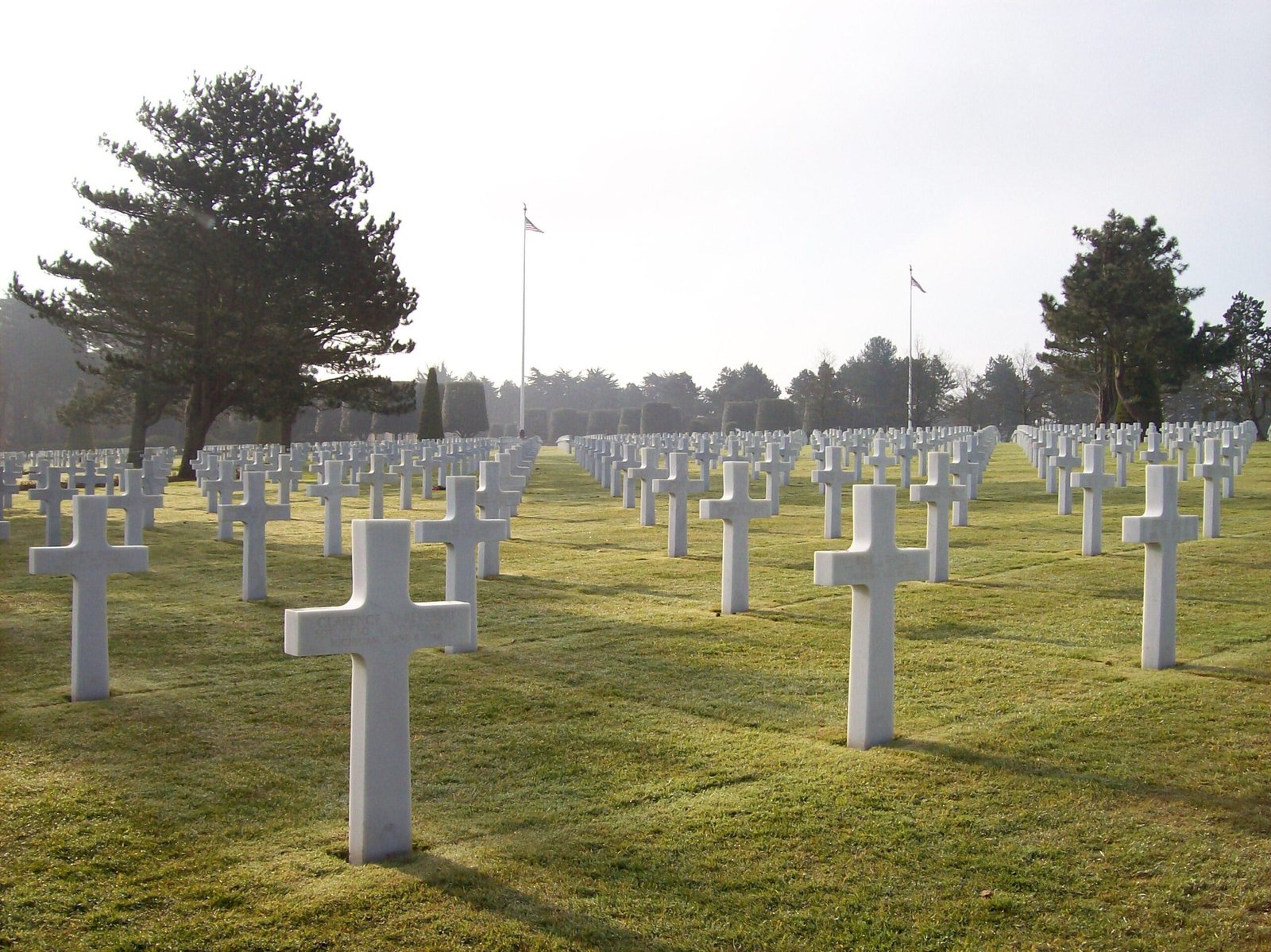
Abolition of Military Force Following Victory in 1948 Civil War
The aftermath of the civil war marked a historical milestone for Costa Rica.
Announcement of Military Dissolution
Following his victory, Figueres made an unprecedented decision: he abolished the military. This was a radical step, but Figueres felt it was essential to prevent future military dictatorships and to ensure peace and democracy.
Reaction of the People
The announcement initially drew mixed reactions from the populace. While many lauded it as a necessary step towards lasting peace, some questioned the decision, fearing it could leave Costa Rica vulnerable to external aggression or internal instability.
Reconfiguration of Defense Strategies
Costa Rica had to quickly reconfigure its defense strategies, relying on its police forces for internal security and on international treaties for external protection.
Remaining Security Forces and Their Roles
The police and other security forces took on new roles as Costa Rica’s primary guardians. Some newer forces were created, such as the Civil Guard and Rural Guard, which were established to maintain peace and order.
Role of President José Figueres Ferrer
Figueres was a monumental figure in Costa Rica’s transition to a demilitarized state.
Political Leadership during the Civil War
His leadership during the civil war was instrumental in the abolition of the military. Figueres’s ability to lead his troops to victory, and subsequently govern a nation during turbulent times, demonstrated his political acumen.
Implementation of the Military Abolition
His announcement to abolish the military was only the first step. Ensuring the execution of this policy required political will and effort, which Figueres had in abundance.
Impact on Costa Rica’s National Identity
The abolition of the military drastically transformed Costa Rica’s national identity. The central role of peace and democracy became constitutionally ingrained. This radical move significantly shaped the country’s domestic and foreign policies.
Legacy of Figueres Ferrer
Figueres’s legacy has been a lasting one. The commitment to non-violence and democracy that he instilled remains a cornerstone of Costa Rican identity. His decision to abolish the military has been instrumental to the economic and social development of the country.
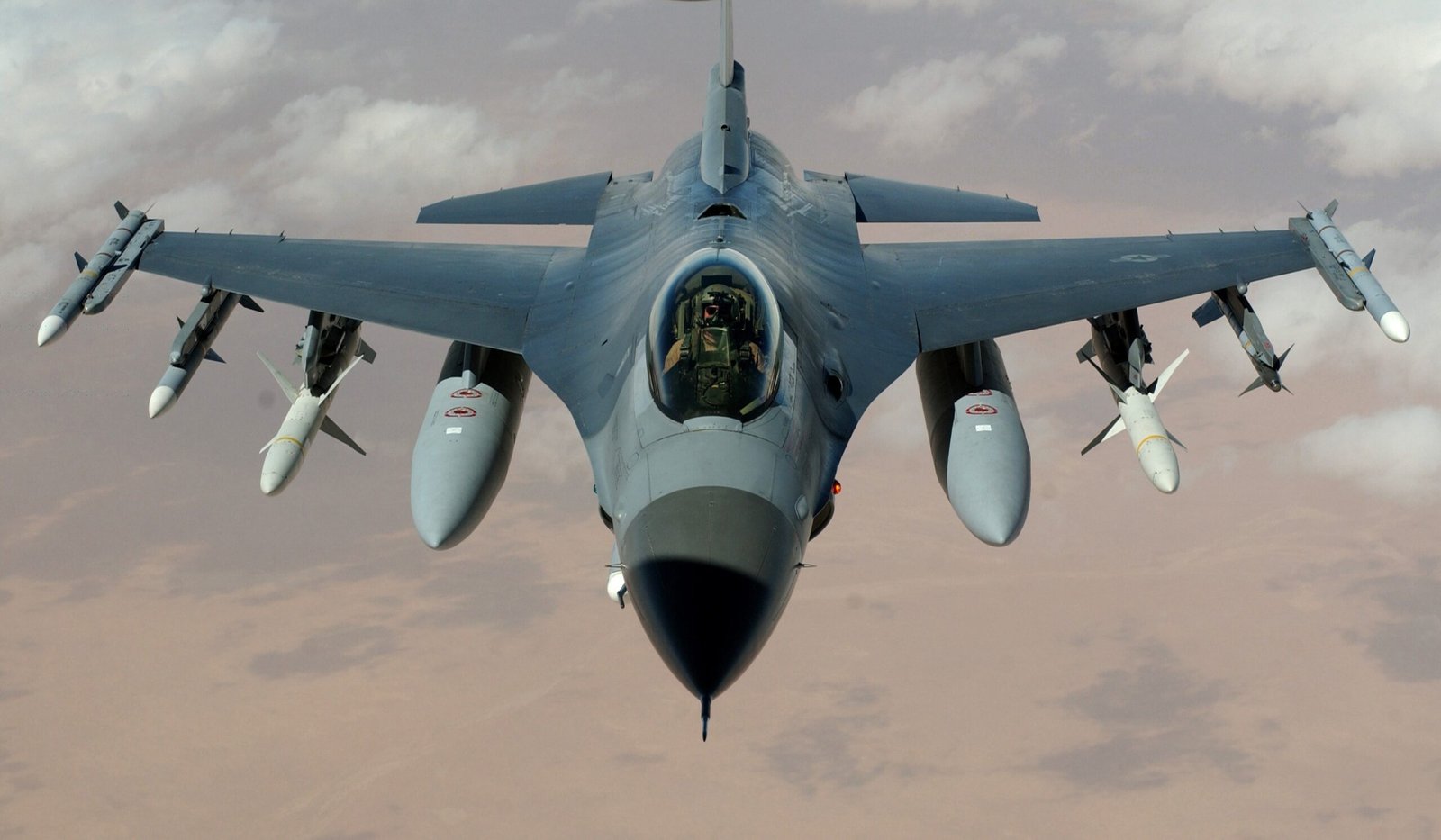
Constitutional Amendment to Prohibit a Standing Army
Costa Rica’s commitment to peace was legally entrenched in its constitution.
Initiation of Constitutional Change
The process of permanently eliminating the military required a change in the constitution. This process began shortly after Figueres’s announcement and was met with ample debate and discussion.
Negotiation and Approval Process
Through careful negotiation and deliberation, the clause prohibiting a standing army was approved. This marked a significant victory for proponents of demilitarization and was an indication of a paradigm shift in Costa Rican governance.
Finalization of the Amendment
The amendment was finally cemented in the constitution in 1949, officially prohibiting the establishment of any standing army.
Implications on Legal Framework and Policies
This change had profound implications on Costa Rica’s legal framework and policy-making. Subsequent governments were legally bound to uphold the commitment to peace and non-violence, shaping Costa Rica’s policies into inherently pacifist ones.
Transition from Military to Public Safety and Policing
With the armed forces abolished, Costa Rica had to redefine its approach to security and safety.
Establishment of the Civil Guard
The establishment of the Civil Guard marked a key transition in Costa Rican security. This institution was designed to maintain internal order and stability, fulfilling tasks once served by the military.
Role and Responsibilities of the Civil Guard
The Civil Guard took on the key responsibility of maintaining public order and ensuring citizen safety. Though not a military entity, it was essential in enforcing Costa Rica’s domestic and international laws.
Modernization and Expansion of Public Safety Measures
In response to new challenges, Costa Rica has continued to modernize and expand its public safety measures. From modern policing techniques to community-oriented crime prevention, these changes have been pivotal in ensuring the country’s overall safety and stability.
Evolution of Policing Over Time
As Costa Rica has evolved over time, so has its approach to policing. The nation has succeeded in maintaining a strong focus on community-driven security measures, thus promoting a culture of peace and respect for human rights.
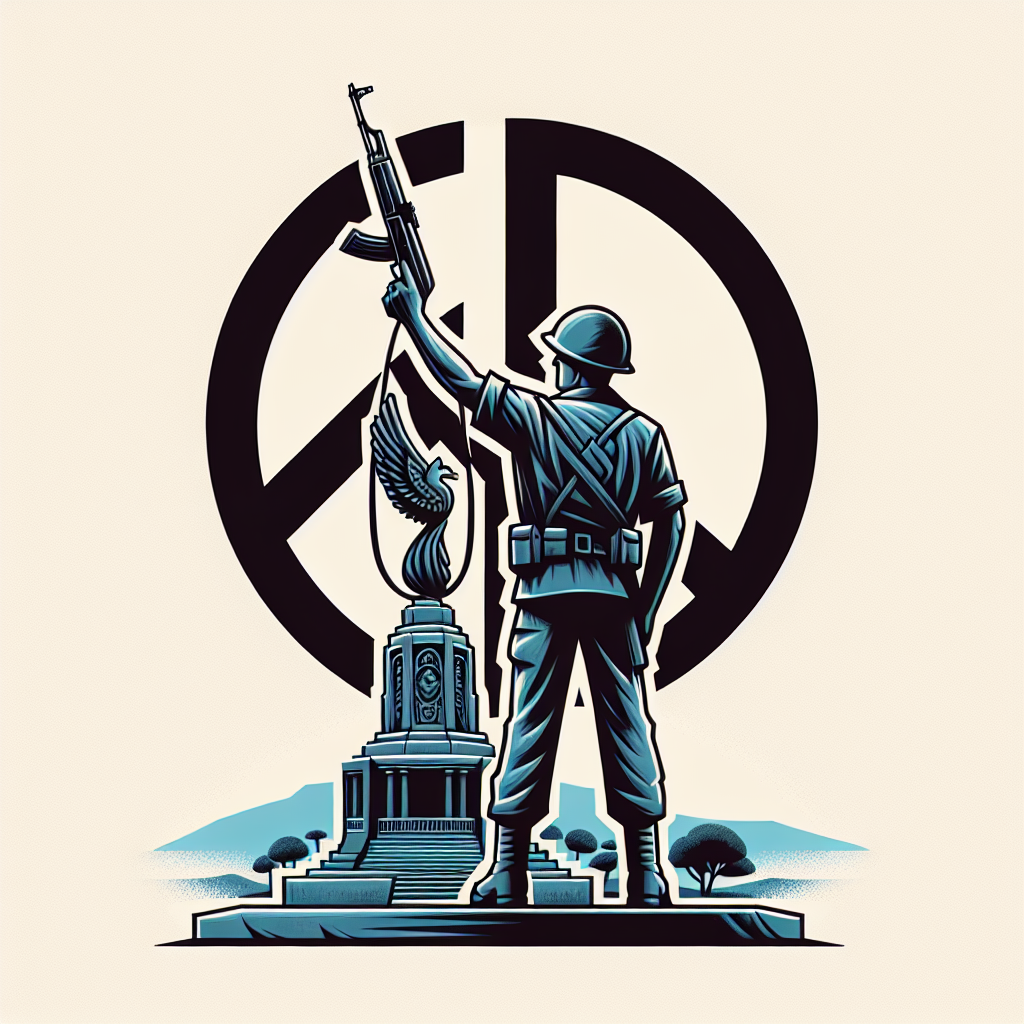
Impact of Military Abolition on Costa Rica’s Economy
The abolition of the military has had significant economic implications for Costa Rica.
Allocation of Military Spending to Public Goods
The funds that would have ordinarily been dedicated to sustaining a military were reallocated to other areas like education, healthcare, and infrastructure. This shift in resource allocation has played a major role in Costa Rica’s social development and economic growth.
Economic Growth and Development
Without the financial burden of maintaining an armed force, Costa Rica has been able to invest more in sectors that stimulate economic growth and development. Over time, this has led to substantial improvements in the nation’s living standards and quality of life.
Improvements in Education and Healthcare
The funds freed up by the military’s abolition have been particularly instrumental in improving education and healthcare. The nation’s education system and healthcare infrastructure are often lauded as some of Central America’s best, owing much to the investment made possible by military abolition.
Role of Tourism in Economic Prosperity
Costa Rica’s peaceful image has made it a prime destination for tourists. The thriving tourism industry has contributed significantly to the nation’s economic prosperity, signifying yet another benefit of the nation’s peaceful reputation.
Sociopolitical Ramifications Post-Abolition
The decision to abolish the military has had far-reaching socio-political effects.
National Identity as a Peaceful Nation
Costa Rica’s national identity has fundamentally shifted to embrace peace. This notion of peace is echoed in the country’s domestic policies and international diplomacy.
Internal Political Dynamics
The abolition has also influenced internal political dynamics, encouraging a political culture centered on peaceful discourse and consensus-building.
International Relations and Diplomacy
The absence of a military has uniquely positioned Costa Rica in the global political arena. The country is often seen as a mediator and peace advocate, consistently promoting disarmament and non-violence.
Challenges and Criticisms
While the abolition has had many benefits, it has not been without its challenges and critics. Concerns about security and concerns about the capacity of the Civil Guard to adequately protect the country are among the issues raised by skeptics.
Costa Rica’s Role in International Peace and Human Rights
Costa Rica has emerged as a global champion of peace and human rights.
Participation in United Nations’ Peacekeeping Operations
Costa Rica has actively participated in United Nations peacekeeping operations, further cementing its global reputation as a peace advocate.
Promotion of International Disarmament
The nation has been at the forefront of promoting international disarmament, echoing its experiences and success with demilitarization at the global level.
Awarding of the Nobel Peace Prize to Óscar Arias
In recognition of his peace efforts, Costa Rican President Óscar Arias was awarded the Nobel Peace Prize in 1987. This provided further global recognition of Costa Rica’s dedication to peace and non-violence.
Human Rights Advocacy
Costa Rica has also been an ardent advocate of human rights. The country’s commitment to peace and social justice has made it a leader in this arena.
Military Abolition and Modern-Day Costa Rica
Costa Rica’s experiences and decisions following the 1948 Civil War continue to shape the nation today.
Ongoing Commitment to Nonviolence
The commitment to peace and non-violence continues to be a defining characteristic of modern Costa Rica. From policy-making to societal norms, this commitment permeates every facet of Costa Rican life.
Challenges in Security and Policing
Even with its strong commitment to peace, Costa Rica faces new security challenges in the 21st century. These include issues like drug trafficking and organized crime, testing the nation’s public safety capacities and resilience.
Lessons for Other Nations
Costa Rica’s experience provides lessons for nations worldwide. The narrative of this small Central American country offers a unique perspective on achieving and maintaining peace that other nations may find instructive.
Future Prospects of Costa Rica
As Costa Rica looks to the future, it continues to assert its stance against military might. By doing so, it maintains its position as a beacon of peace, democracy, and human rights promotion in a world often torn by conflict.

